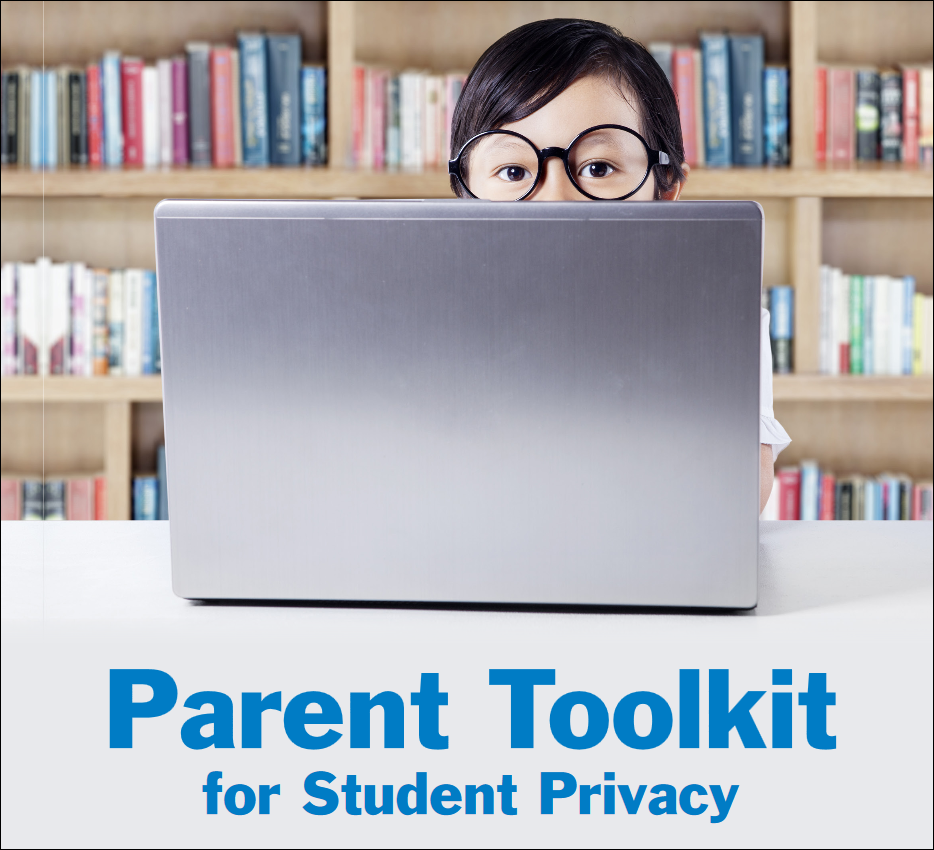NEW YORK – Two public school parents are speaking out about education vendors partnering with schools to collect personal information on children, and what they can do about it.
New York parent Leonie Haimson and Rachael Stickland, a mother in Colorado, created the nonprofit Parent Coalition for Student Privacy in 2014 after learning about the disturbing reality of schools and tech companies spying on students, and they’re now debuting a tool kit to help parents fight back, The Washington Post reports.
MORE NEWS: Know These Before Moving From Cyprus To The UK
The women explained their mission in a column for the Post.
“Several years ago, we were among the parents who were horrified to learn about inBloom, the $100 million corporation created to collect, store, systematize and share the personal information of millions of public school students with vendors and other third parties, with the goal of making education more “efficient” – all without parent knowledge or consent,” they wrote.
“Parents and education advocates throughout the nation protested. Because of this opposition, every state and district pulled out, and by April 2014, inBloom closed its doors. Yet the controversy alerted parents as to how few legal safeguards existed to protect their children’s highly sensitive data, and how schools and districts were already engaged in routinely sharing it, with little thought of the potential harm this could create.
“After the collapse of inBloom, we formed the Parent Coalition for Student Privacy to advocate for stronger laws and district policies. And now, together with the Campaign for a Commercial-Free Childhood (CCFC) we have developed a unique resource: a Parent Toolkit for Student Privacy.”
The toolkit comes amid a flood of intrusive technology working its way into public schools across the country, from software installed on school-issued computers to biometric scanners installed in school cafeterias to track student lunch accounts.
Last fall, parents in Oregon City, Oregon flipped out when they learned district officials installed fingerprint scanners in school lunch rooms at the behest of Sodexo, the district’s food service provider, KATU reports.
MORE NEWS: How to prepare for face-to-face classes
District officials ultimately slowed the implementation to give parents the option of opting their children out of the “alternative” system, though that was allegedly after they started scanning fingers.
“That is a huge violation of our privacy,” Stina Turner, mother of three at Gaffney Lane Elementary told the news site. “You have to get a signature to use my child’s picture for anything, and for using her fingerprint for anything you would definitely need a signature for that, too.”
The same type of finger scanners are in schools in Illinois, New Jersey, Ohio and others. Some schools in New Mexico and Georgia are using palm scanners. Meanwhile, schools in California are scanning students’ faces with school-issued iPads, and others in Virginia and other states are using iris scanners, EAGnews reports.
Many of the biometric scanners were installed in schools over the loud objections of parents.
But in some cases, parents have prevailed against Big Brother.
In 2015, the Los Lunas, New Mexico school district was forced to sell off palm scanners they bought two years earlier because parents went into a rage over the idea of scanning students’ unique vein patterns to track their lunch accounts, EAGnews reports.
“Hmmm, what’s more important, scanning palms to reduce the huge underground trade of lunch stealing, or coming up with an idea to protect our kids from guns, drugs and violence?” Loretta Portillo questioned at the time. “Guess what Los Lunas schools decided to focus on?”
In other places, parents and policy makers have raised concerns about companies like Google tracking students’ every move through school issued computers.
The “Parent Toolkit for Student Privacy” outlines federal laws protecting student privacy, as well as student and parent rights in regards to private information shared with schools.
The kit goes through the numerous ways schools collect information on students – from basics like age, sex, and grades to intimate details like health issues, food selections, and school surveys on religious or personal beliefs – and how that information is distributed to the government and third party vendors.
The kit also arms parents with tips on protecting their children at home and school as well as important information on how to interpret terms of service and privacy policies, and provides suggested best practices for teachers, schools and state education departments.


Join the Discussion
Comments are currently closed.